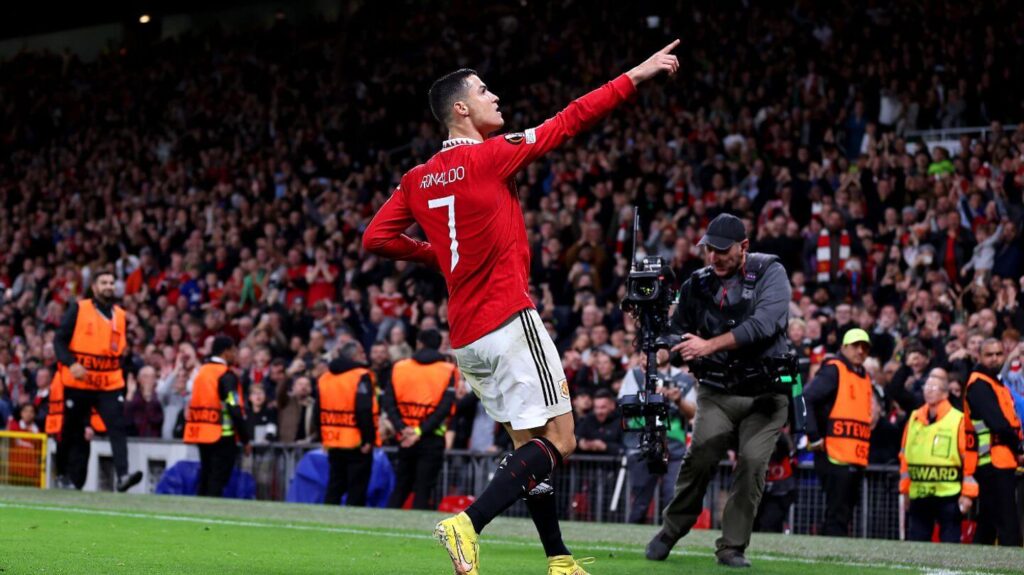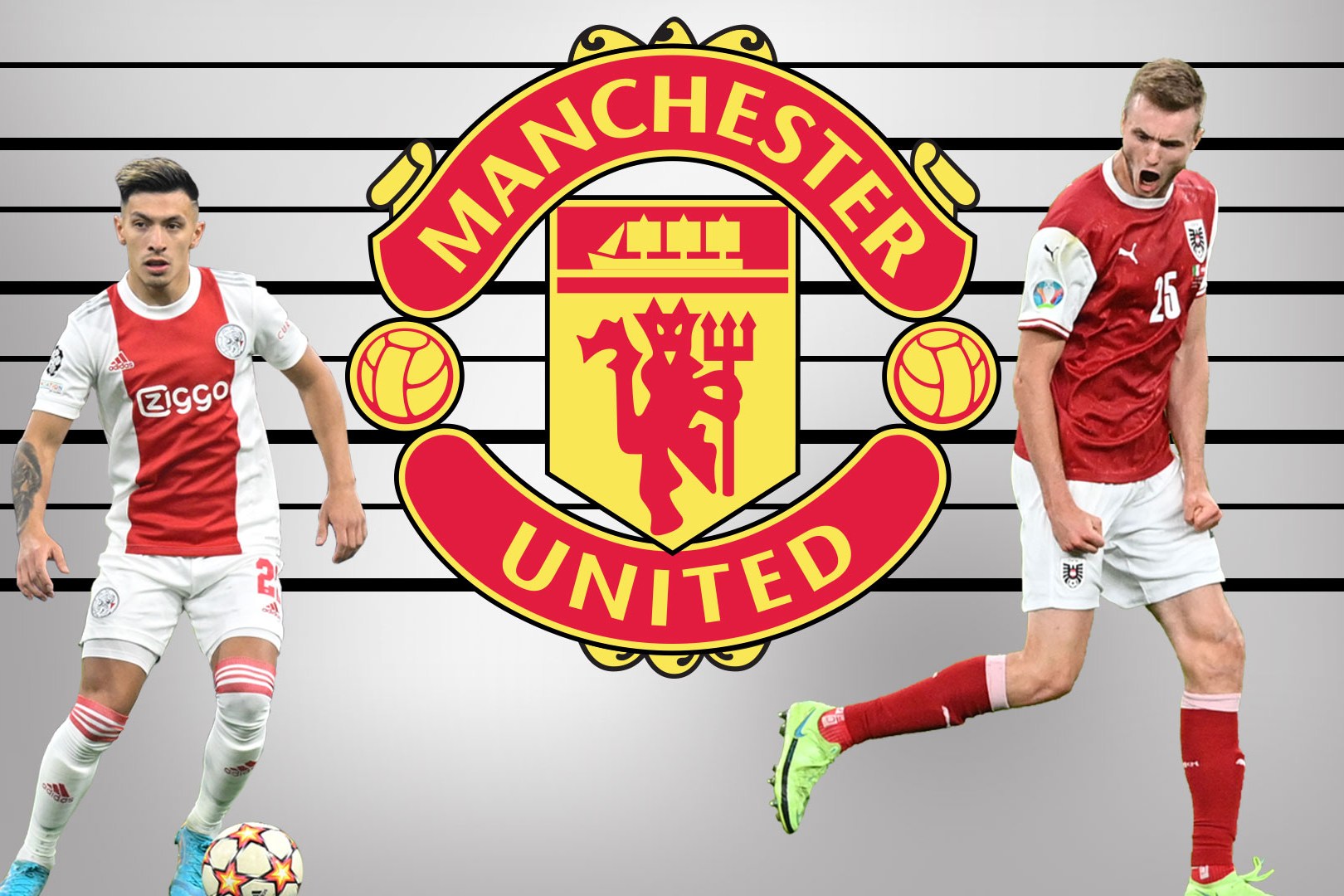The Evolution of Manchester United: A Journey Through History – Manchester United, one of the most iconic football clubs globally, has a rich and storied history that spans over a century. From humble beginnings to becoming a powerhouse in world football, the club’s journey is a testament to resilience, passion, and sheer determination.
The Evolution of Manchester United: A Journey Through History

Early Years: Formation and Foundation
Founded in 1878 as Newton Heath LYR Football Club, the team initially played matches against local railway companies. In 1902, financial struggles led to a change in ownership, and the club was renamed Manchester United. The early years saw modest success in regional competitions but laid the groundwork for future glory.
Rise to Prominence: The Busby Babes Era
Under the visionary leadership of Sir Matt Busby in the 1950s, Manchester United experienced a golden period. The team, known as the “Busby Babes” for its youthful talent, captured the imagination of fans with their exciting style of play. Notable achievements during this era include consecutive league titles in 1956 and 1957.
Tragedy Strikes: The Munich Air Disaster
In 1958, tragedy struck when the Munich Air Disaster claimed the lives of several players and staff members, including promising talents like Duncan Edwards. Despite the devastation, the spirit of the club persevered, with Busby vowing to rebuild the team in honor of those lost.
Rebuilding and Resurgence: The Sir Matt Busby Legacy
In the aftermath of the disaster, Busby rebuilt the squad, nurturing a new generation of stars such as George Best and Bobby Charlton. The culmination of his efforts came in 1968 when Manchester United won the European Cup, marking the club’s first triumph in the competition.
The Ferguson Dynasty: Glory Years and Dominance
The arrival of Sir Alex Ferguson in 1986 heralded another golden era for Manchester United. Ferguson’s managerial prowess propelled the club to unprecedented success, winning numerous league titles, FA Cups, and Champions League trophies. The iconic “Class of ’92,” featuring talents like David Beckham and Ryan Giggs, epitomized this period of dominance.
Decline and Transition: Post-Ferguson Era
Following Ferguson’s retirement in 2013, Manchester United faced challenges in maintaining their winning ways. Several managerial changes and inconsistent performances led to a period of transition, with the club striving to recapture past glories amidst fierce competition.
Recent Years: Challenges and Rebuilding
In recent years, Manchester United has shown glimpses of revival under new management. Investments in top talent and a renewed focus on youth development signal a commitment to returning to the summit of English and European football.
Notable Players and Legends
Throughout its history, Manchester United has been home to some of the greatest footballers of all time. From Sir Bobby Charlton to Cristiano Ronaldo, the club boasts a rich legacy of iconic players who have left an indelible mark on the sport.
Trophies and Achievements
Manchester United’s trophy cabinet is adorned with numerous domestic and international honors, including multiple league titles, FA Cups, League Cups, and European trophies. The club’s pursuit of excellence has solidified its status as one of the most successful teams in football history.
Iconic Moments in Manchester United History
From dramatic comebacks to unforgettable goals, Manchester United has provided fans with countless memorable moments. Whether it’s “The Treble” in 1999 or Ole Gunnar Solskjaer’s injury-time winner in the Champions League final, these iconic instances have become part of football folklore.
Impact on English Football and Global Influence
Manchester United’s success has transcended the boundaries of sport, shaping popular culture and inspiring generations of fans worldwide. The club’s global appeal and commercial reach have helped elevate the profile of English football on the international stage.
Manchester United’s Rivalries
The rivalry between Manchester United and clubs like Liverpool, Manchester City, and Arsenal is steeped in history and tradition. These fiercely contested matches not only showcase the competitive spirit of English football but also highlight the passion and intensity of the sport.
The Theatre of Dreams: Old Trafford
Old Trafford, affectionately known as the “Theatre of Dreams,” is synonymous with Manchester United. The iconic stadium has witnessed countless triumphs and serves as a symbol of the club’s enduring legacy and unwavering support.
Future Prospects and Expectations
As Manchester United looks to the future, the club remains committed to building upon its illustrious history. With a blend of youth and experience, coupled with the relentless pursuit of success, the stage is set for the next chapter in the Manchester United saga.
Conclusion
Manchester United’s history is a tapestry woven with triumphs, tragedies, and moments of sheer brilliance. From humble beginnings to global domination, the club’s journey embodies the essence of football and continues to captivate fans around the world.
FAQs
- What is Manchester United’s most successful era?
- Manchester United’s most successful era arguably came under Sir Alex Ferguson’s management, where they won numerous league titles and Champions League trophies.
- Who are some of Manchester United’s greatest players?
- Legends like Sir Bobby Charlton, George Best, Eric Cantona, Cristiano Ronaldo, and Wayne Rooney have all left an indelible mark on Manchester United’s history.
- What is the significance of Old Trafford to Manchester United?
- Old Trafford is not only Manchester United’s home ground but also a symbol of the club’s rich heritage and tradition, affectionately known as the “Theatre of Dreams.”
- How has Manchester United impacted English football?
- Manchester United’s success and global influence have helped raise the profile of English football, contributing to its popularity and commercial growth worldwide.
- What are Manchester United’s aspirations for the future?
- Manchester United aims to build upon its legacy by continuing to invest in top talent, nurturing youth prospects, and competing for domestic and international honors in the years to come.




